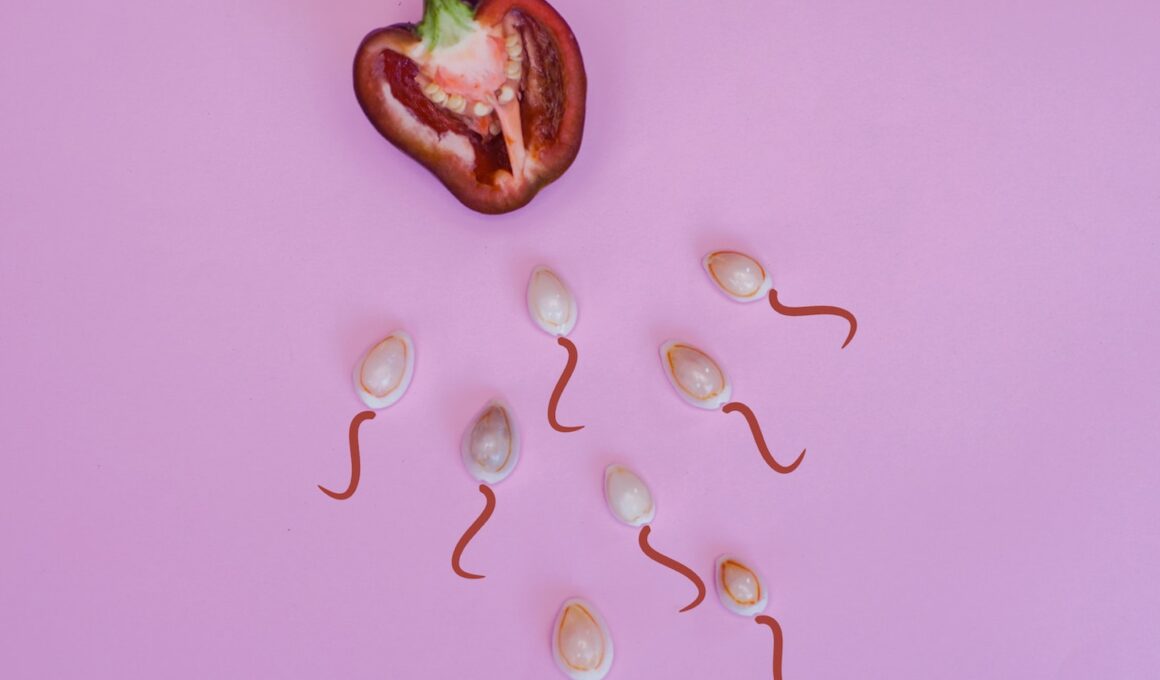Becoming pregnant with donor sperm is much more successful when the woman is younger and has no prior fertility problems. It is also helpful if the couple or individual is able to do one or two inseminations per cycle.
Donors undergo comprehensive interviews about their sexual behavior, family history and medical health. In addition, they are required to have a physical exam and be tested for infectious diseases including cytomegalovirus (CMV), which can cause serious health issues in babies.
The Process
Sperm donation involves a man providing healthy semen to a fertility clinic or sperm bank for use in artificial insemination. Most donors do so voluntarily for altruistic reasons, although some may seek remuneration.
Potential donors are usually required to undergo an extensive set of tests. First, they must pass a background check and extensive interviews about sexual behavior and family history. They are also tested for sexually transmitted diseases, including HIV and Hepatitis B and C.
Once a donor has passed these screenings, his semen is analyzed for sperm count, forward sperm motility and morphology. He is also asked to abstain from sex and masturbation for two days prior to his donation so that the sample is as high-quality as possible.
In addition to the physical and mental health screening, sperm donations typically require a lengthy written medical history. Donors are often asked to disclose any medical conditions, genetic disorders and drug use.
Some donors have been known to feel conflicted about their participation in donor insemination, and a few go as far as to seek professional counseling. It’s important for prospective donors to talk through these feelings with a reproductive endocrinologist before they start the process. A counselor can also help them consider the legal ramifications of their decision, such as whether or not they want to make their donor public and any potential future child custody issues with the parents who use their sperm.
The Donor
The sperm donor is the one that provides the semen. Depending on the arrangement, he may retain legal rights to children born from his sperm (as opposed to third-party reproduction) or he might give up those rights in exchange for the money that he gets.
Before a man becomes a donor, he typically goes through a rigorous application and screening process. At Centola’s bank, she says, donors fill out a 25-page questionnaire that asks about genetic conditions in the family and other stats like eye color and height. The men also get a medical exam and a semen analysis. The lab checks the semen to make sure it’s healthy enough to donate.
Most cryobanks have a private room that donors go into to ejaculate into a container, Centola says. The container is then frozen in liquid nitrogen. The sperm will remain frozen for years, she adds.
Sperm donation has become more common in recent decades as fertility medicine has paved the way for single women and LGBT+ couples to produce their own children. But, she notes, it can be a heartbreaking journey for many who go through multiple rounds of insemination without success.
Pregnancy rates for women who use donated sperm are about 17-20 percent. And, she notes, it can take 3-6 cycles of insemination before a woman sees a positive pregnancy test result.
The Recipient
Sperm donation allows couples and single people to have children that would not otherwise be possible for them. It can be used by women who are not able to get pregnant with their own sperm, or by same-sex female couples and trans women and men.
Sperm donors can either be known or anonymous. Known donors are often fathers, brothers or uncles who want to help others conceive. These donors are usually required to undergo the same health and genetic testing as anonymous donors in order to ensure sperm quality. Known donors also must complete a psychological evaluation. This evaluates the donor’s potential for contact with his biological children.
The actual sperm collection process is fairly simple. At one sperm bank, the staff takes a sample of the donor’s semen after he has completed a two-day abstinence period. The bank then tests the sperm for motility and survival rates. If the sperm meets certain standards, the donor is notified that he can then supply his sperm to the recipient.
In addition to the standard medical and genetic tests, sperm banks will often conduct personal interviews with donors in order to judge their character. They will look at things such as how prompt the donor is, his hygienic habits and his appearance, says Centola. She adds that, while the sperm bank will not say why they reject a potential donor, they will dock him for looking unkempt or disheveled during his interview.
The Bank
In many jurisdictions, sperm donations are regulated by law. These laws usually restrict the number of children that a sperm donor can produce. They may also require a sperm donor to disclose information about his medical history and genital health in the case of a pregnancy.
The laws vary in their application, however. Sperm agencies rarely impose a limit on the number of offspring a sperm donor can produce, partly because they are not empowered to demand reports of pregnancies from recipients and partly because they cannot guarantee that a single female may not have subsequent children by the same sperm donor, even in different countries or jurisdictions.
If a man is accepted as a sperm donor, he will undergo a series of tests to make sure that his sperm is healthy enough to be used by recipients. These tests are generally done by bloodwork and include a semen analysis, which checks that the sperm count is high enough and that it will not degrade over time when frozen and thawed.
Some sperm banks have a minimum age requirement for would-be donors, since families prefer to use sperm from men who have finished school, Centola says. In addition, sperm banks will test for diseases that could be passed on to kids. They will also check for STIs.





